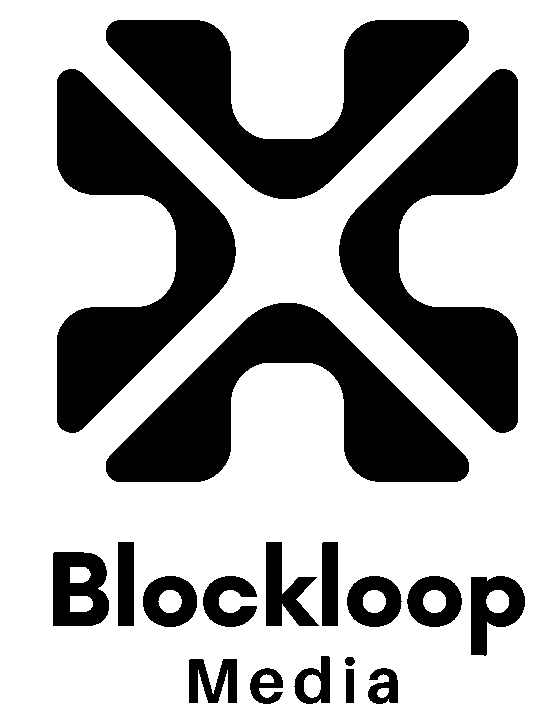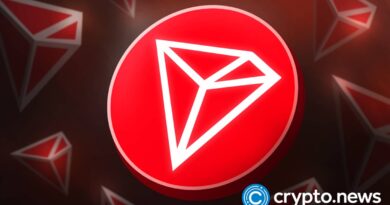Ethereum doesn’t need another rollup
Disclosure: The views and opinions expressed here belong solely to the author and do not represent the views and opinions of crypto.news’ editorial.
Ethereum’s (ETH) dominance as the foundational layer faces a nuanced challenge. While it focuses on making its underlying tech better and faster, other networks, primarily Solana (SOL) in this case, have seen a huge growth in the number of apps people can use. This makes us wonder whether Ethereum’s current way of doing things is helping or hurting its ability to attract and keep the people who build these apps.
New app ideas face many tough questions and are scrutinized and challenged by the ‘ecosystem police’—vocal members and influential figures within the Ethereum community who often raise fundamental and philosophical concerns. This makes it less appealing for people to experiment with new ideas on Ethereum than in places that are more open to trying new things. Thus, talented builders choose the cabal that welcomes them with open arms, benefiting the ecosystem and building a positive environment for builders.
Letting all kinds of ideas grow and stop policing
Ethereum’s community and leadership need to be more open to ingenuity and crazy ideas, even those that might seem risky or just for fun. Not every new project needs to be a world-changing infrastructure or technology. Sometimes, the apps that attract a lot of users are the ones that are more experimental or focused on new trends. We should appreciate the energy and interest these kinds of apps bring to the ecosystem. The recent success of ‘degen’ focused apps like Pump.fun and platforms alike show that a big user base is interested in these kinds of experiments.
Solana’s success, as evidenced by the rapid user acquisition of platforms like Pump.fun, shows us this. They have supported projects, even those just starting or exploring new areas, leading to the network’s adoption and growth.
Ethereum can learn from this by not being too quick to dismiss these kinds of projects and recognizing their potential to grow the overall user base.
Communication with everyday user
Ethereum focuses on technical improvements as a team; while these are important for the developer community, they don’t mean much to regular internet users or degens looking for new and exciting opportunities or experiences. Specifically, people want to know what they can do with all these new primitives or apps.
Other networks are doing a better job of showcasing apps built on them, which are even easy to use for your grandmother and rewarding for many. Focusing on supporting these money legos has attracted talent, users & network usage.
Clearly, Ethereum lacks this. I criticize Ethereum because I am an avid supporter and user of it.
Making app growth a priority
We need to actively work on getting more apps built and more users to try them. This means having a clear plan beyond just improving the technology.
One way to do this is by creating a special team within the Ethereum ecosystem that focuses on helping new apps grow across the spectrum, from serious tools to fun experiments. One of the most important goals for this team would be to find promising projects and understand what they need help with. A focused effort to help apps on Ethereum succeed while not being directly controlled by the Ethereum Foundation for day-to-day operations would create space for builders to experiment.
Ethereum has a strong base and much potential to revitalize the ecosystem. By being more open to all kinds of apps, supporting them, and creating a special team to help apps grow, Ethereum can get its app ecosystem going again.
Ethereum’s future success depends not only on its technology but also on the number of useful and fun apps people can actually use.





